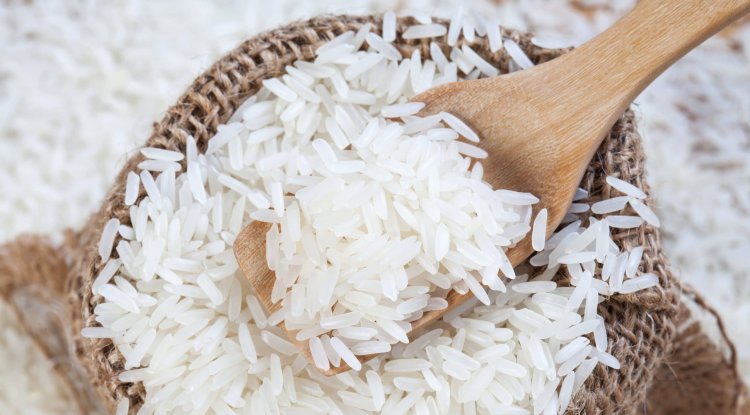What Are Some Basic Facts About Vitamin A?

Vitamin A was the first fat-soluble vitamin to be discovered, in 1913.
Vitamin A is most commonly found in food as retinol, although it can also be found in other forms such as retinal or retinoic acid.
While retinol is exclusively found in animal-based diets, some fruits and vegetables include carotenoids, which our bodies convert into vitamin A as needed. Beta-carotene, often known as provitamin A, is the most well-known carotenoid.
Vitamin A serves a variety of functions in the body, including:
Vitamin A is involved in the creation of photopigment in the eye, which is important for the adaptation of the eye to light.
Immune function - a lack of vitamin A impairs the immune system, making us more vulnerable to infections.
Supports cell development - Because vitamin A is required for the correct growth and development of all cells, it is critical for children and adolescents to have enough of it.
Vitamin A is required for the correct development of the embryo in the uterus and is therefore required for reproductive function.
In impoverished nations, vitamin A deficiency is the major cause of blindness. Most individuals in wealthy nations, on the other hand, get enough vitamin A through diet.
Vegans are at danger of acquiring vitamin A insufficiency since vitamin A is only available in animal-based diets. Despite the fact that provitamin A may be found in a variety of fruits and vegetables, not all of it gets converted to retinol, the active form of vitamin A.
The needs for vitamin A can be met by proper nutrition, ie intake of foods rich in this vitamin, such as:
Liver (beef, lamb, goose)
Oily fish (tuna, salmon, mackerel, trout) and fish oil
Milk and milk products (primarily fatty cheeses and butter)
Eggs
Dark green leafy vegetables (spinach, chard, kale)
Fruits and vegetables yellow / orange (pumpkin, sweet potato, carrot, melon, apricot, peach)
These foods will easily meet your vitamin A requirements on a daily basis if you eat them regularly.
Because vitamin A is fat-soluble, it is considerably easier to absorb if it is combined with a fat source. Most animal-based vitamin A sources are likewise high in lipids, however this is not true of plant-based provitamin A sources.
So add a few drops of extra virgin olive oil to your salads or a spoonful of butter to a sweet potato or pumpkin puree.





























